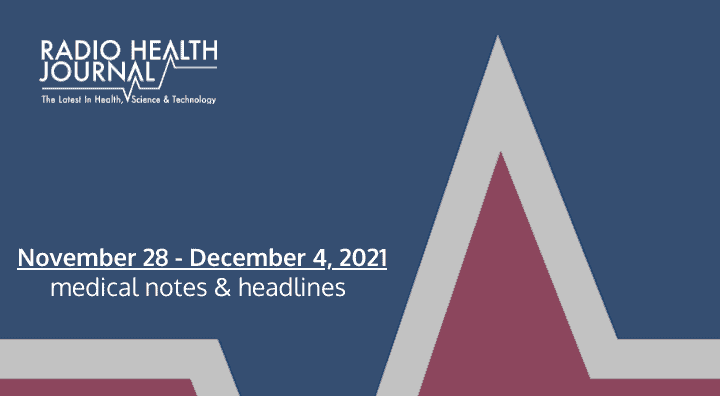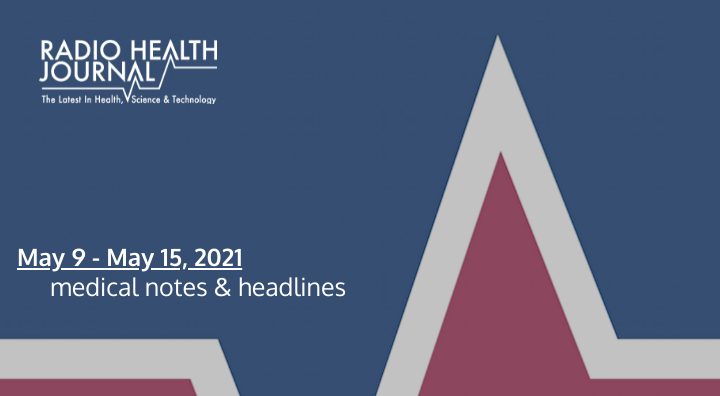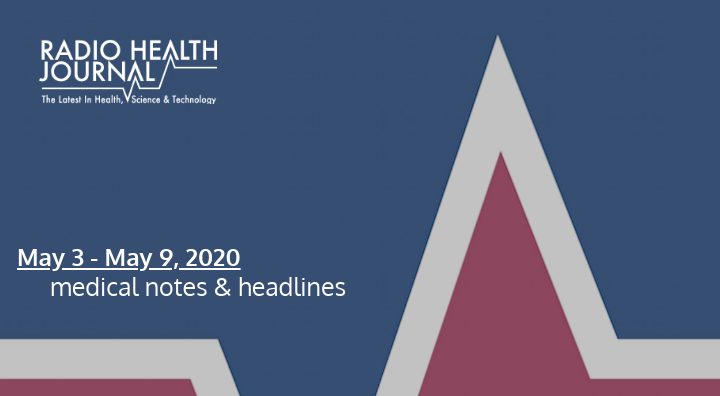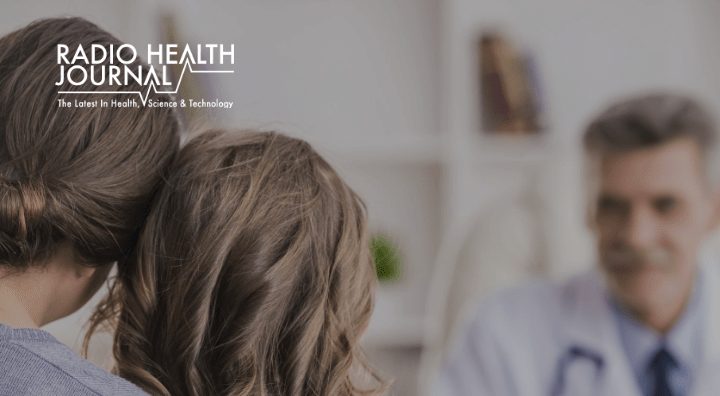Advances That May Eliminate Scarring
Scars are a public health as well as aesthetic threat, as internal scars can compromise the function of organs and tissues. Scientists are now devising medications that promote healing without producing scars. One of the scientists on the front lines discusses how these medicines work and their possible uses.














